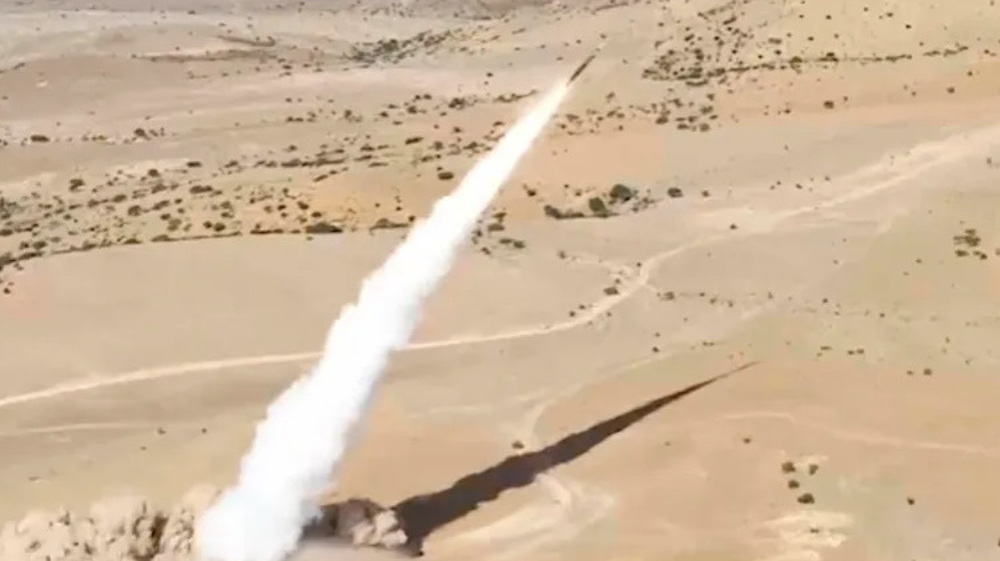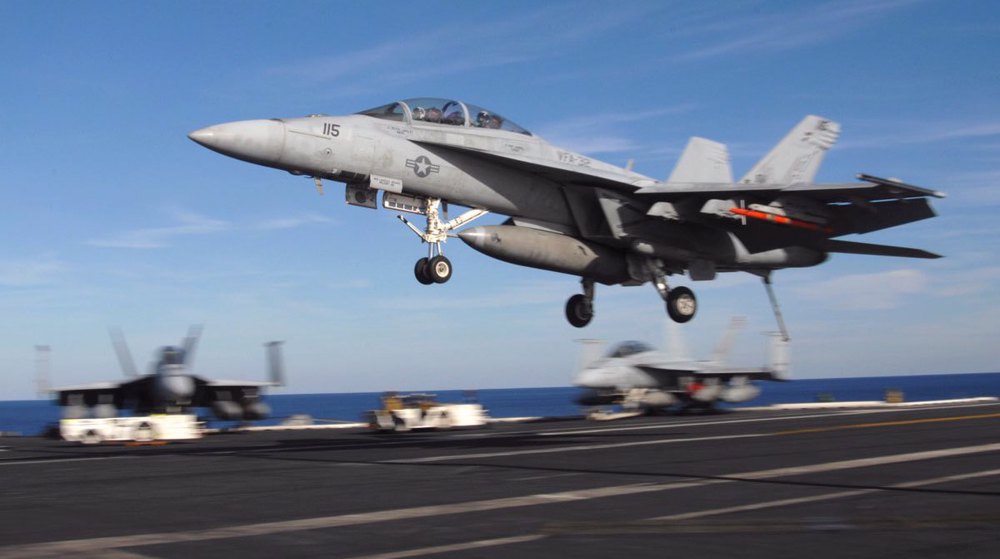US sends extra intelligence analysts to Iraq for ISIL data in Mosul
The US military is sending dozens of additional intelligence analysts to Iraq to sort out a trove of information expected to be recovered from Daesh (ISIL) terrorists in the ongoing Mosul offensive.
Among immediate priorities of the US analysts will be to “pass along insights useful to American officials planning an attack on Raqqah,” the de facto capital of the foreign-backed terrorists in eastern Syria, and “search for any information about terrorist cells in Europe and any attacks they may be plotting,” The New York Times reported Saturday, suggesting American military intervention in both Arab countries.
This is while there is clear evidence that Daesh militants have been financed and supplied by major US allies in the region, including Saudi Arabia, Turkey and Qatar.
According to the report, commander of US ground forces in Iraq Major General Gary J. Volesky has referred to Mosul as the Iraqi “crown jewel” of ISIL (Daesh), noting that the foreign-backed terrorists had been entrenched there for over two years.
“Clearly, there’s going to be intelligence that will be able to exploit,” said Volesky.
Moreover the report says, in the military’s most recent deployment of more than 600 additional troops, dozens of military and civilian intelligence analysts were dispatched to several locations around Iraq. Most were in place just prior to the Mosul offensive “but some are still trickling in.”
The daily further cited American military spokesman in Baghdad, Colonel John Dorrian, as saying, “Whenever you liberate a city the size of Mosul, you can expect to get a tremendous amount of information. Certainly, if we have a window of opportunity that presents itself rather quickly, we do have adequate forces in theater to go ahead and act upon that.”
Dorrian further stated that the intelligence surge would most likely “give us a lot of insight into Daesh networks not just in Iraq and Syria, but would also give insight into how they export terror around the world, some of the people they work with, how they finance themselves.”
Last week The Washington Post reported that the US had decided to allow Daesh terrorists to “dominate Mosul for two years,” rather than supporting an earlier offensive against the foreign-backed militants.
This is while a number of Iraqi officials have repeatedly questioned US motives in its claim of leading a coalition in Iraq to oust Daesh, insisting that its purported air campaign against the group has been highly ineffective.
According to European intelligence and counter-terrorism officials, they are also eagerly anticipating data gleaned from computer hard drives, cellphones, recruiting files and other sources after Iraqi forces advance into Mosul in coming weeks.
These officials fear an influx of foreign terrorists fleeing the looming offensives against Mosul and Raqqah.
Israeli strikes on north Gaza hospital ‘extremely dangerous, terrifying’: Director
VIDEO | Yemen targets Tel Aviv with Palestine 2 missiles
Pezeshkian: Iran resolved to complete North-South Transport Corridor
VIDEO | Iran-Syria: For Resistance
Qassam Brigades claims killing 3 Israeli troops in northern Gaza
More alive than ever: Sayyed Hassan Nasrallah's legacy grows stronger in martyrdom
Occupation of Syria’s highest peak Mount Hermon part of ‘Greater Israel’ project
Iran: Syrian people will decide their future without foreign interference













 This makes it easy to access the Press TV website
This makes it easy to access the Press TV website